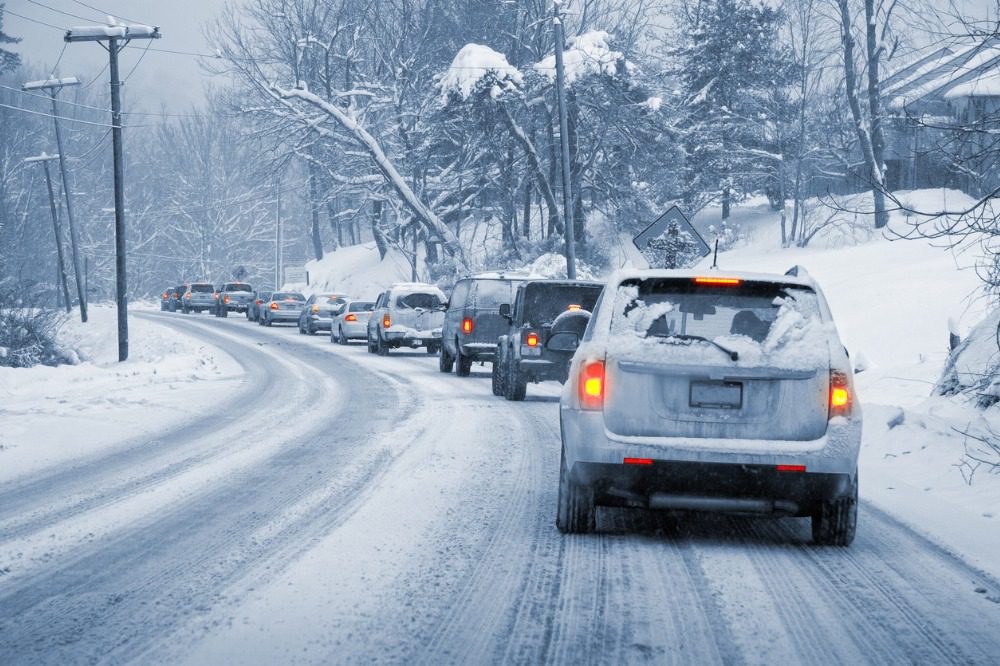ICBC claims increased by 160% following snowstorm

ICBC claims increased by 160% following snowstorm | Insurance Business Canada
Catastrophe & Flood
ICBC claims increased by 160% following snowstorm
Drivers cautioned amid arctic weather conditions
Catastrophe & Flood
By
Jonalyn Cueto
The Insurance Corporation of British Columbia (ICBC) experienced a surge in insurance claims following a bout of arctic outflow weather in the province early this month.
The insurance provider saw 3,500 claims on January 11, a 160% increase from the average 1,300 claims per day, according to Shabnem Afzal, the director of road safety at ICBC.
Afzal emphasized the impact of inclement weather on driving behaviour in the region, noting that residents in British Columbia, particularly in the Lower Mainland, may not be accustomed to frequent snowfall.
The surge in insurance claims followed widespread disruptions in Metro Vancouver, with reports of bumper-to-bumper traffic, cars sliding down hills, and transit buses facing difficulties navigating icy roads.
Managing through arctic weather conditions
The Lower Mainland is expected to experience another round of arctic weather and snowfall on Tuesday and Wednesday.
As the region braces for the upcoming arctic weather, the ICBC shared guidance for residents to prioritize safety and preparedness.
Afzal urged drivers to exercise caution by slowing down and to approach intersections with mindfulness. He highlighted the potential dangers at intersections, emphasizing the risks of not being able to stop at an intended position on icy roads.
“If your vehicle is not equipped with snow tires, that’s another factor in why crashes happen in these kinds of conditions,” she said.
Afzal expressed confidence in BC’s readiness, noting ample salt applied on the roads. Despite such measures, she advises drivers to exercise caution and, if possible, avoid unnecessary travel during inclement weather.
She also recommended some alternative options for those who can work from home, stressing the safety of public transit over unnecessary vehicular travel.
“Ideally, if you can avoid driving, then that’s probably the best-case scenario,” said Afzal.
“Some of us can work from home, for example, and so that’s really great. The alternative is to take transit because it is safer, and it means that you don’t have to be out on the road unnecessarily in your vehicle.”
Have thoughts about this story? Leave a comment below.
Related Stories
Keep up with the latest news and events
Join our mailing list, it’s free!






